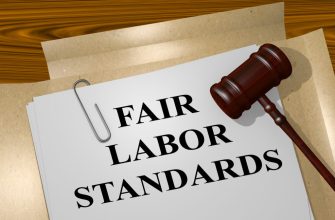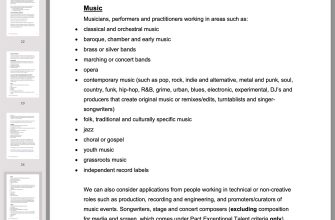Disrepute in the workplace is a serious issue that can have far-reaching implications for both employees and employers. The definition of disrepute is a loss or lack of credit or reputation. When an employee’s actions or behavior tarnish the reputation of the company, it is referred to as bringing the company into disrepute. This can occur both within and outside the workplace. Understanding the meaning of disrepute and how to handle it is crucial for maintaining a positive and productive work environment. This guide will provide an in-depth look at how to manage disrepute lawfully and effectively.
Understanding Disrepute
The definition disrepute is a state of being held in low esteem by the public. It’s important to note that disrepute can be caused by a variety of actions, from minor misconduct to serious offenses. For instance, in the NHS, sackable offences can range from persistent lateness to gross misconduct such as theft or violence. Disrepute reviews, which are assessments of an employee’s behavior and its impact on the company’s reputation, can help identify and address these issues.
Bringing into disrepute refers to actions that damage the reputation of an individual or an organization. This can include both actions taken in the workplace and employee conduct outside the workplace. For example, an employee who behaves inappropriately at a work event or posts disparaging comments about the company on social media could be seen as bringing the company into disrepute.
Managing Disrepute in the Workplace
Handling disrepute in the workplace requires a careful and considered approach. Here are some steps to take:
- Define ill repute: Make sure all employees understand what constitutes disrepute. This includes providing a clear definition of disrepute and examples of behavior that could bring the company into disrepute.
- Establish clear policies: Develop and implement policies that outline acceptable and unacceptable behavior both in and outside the workplace. These policies should also detail the consequences of bringing the company into disrepute.
- Communicate effectively: Ensure all employees are aware of these policies. This can be done through training sessions, employee handbooks, or regular reminders.
- Investigate thoroughly: If an employee is accused of bringing the company into disrepute, conduct a thorough investigation. This should include gathering all relevant information and giving the employee a chance to explain their actions.
- Take appropriate action: If the investigation confirms that the employee has brought the company into disrepute, take appropriate action. This could range from a verbal warning to dismissal, depending on the severity of the offense.
Legal Considerations
When managing disrepute, it’s important to consider the legal implications. In the UK, for example, employers need to be aware of the question, “does getting fired go on your record UK?” The answer is no, dismissals do not typically appear on a standard criminal record check. However, certain sackable offences, such as theft or fraud, could potentially lead to a criminal record.
Furthermore, when reprimanding an employee for insubordination or other misconduct, employers must ensure they follow fair procedures. This includes conducting a thorough investigation, giving the employee a chance to respond to the allegations, and considering any mitigating circumstances. Failure to do so could potentially lead to claims of unfair dismissal.
Conclusion
In conclusion, handling disrepute in the workplace is a complex task that requires a careful and considered approach. By understanding the definition of disrepute, establishing clear policies, and following fair procedures, employers can effectively manage disrepute and maintain a positive and productive work environment.
Remember, the reputation of a company is one of its most valuable assets. Therefore, it’s crucial to address any actions that could bring the company into disrepute promptly and effectively. Whether it’s dealing with an employee who speaks disparagingly about the company or one who behaves inappropriately, taking swift and appropriate action can help protect the company’s reputation and ensure a positive work environment for all.







